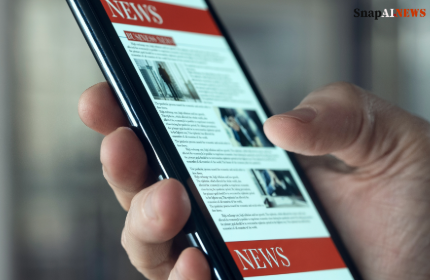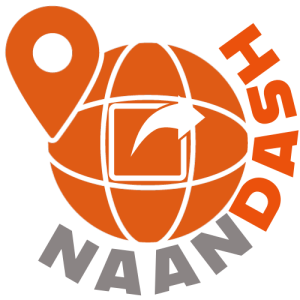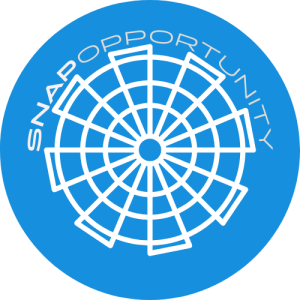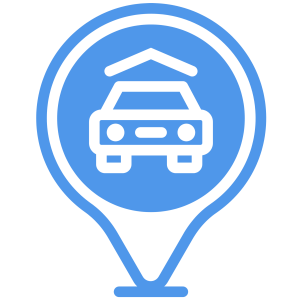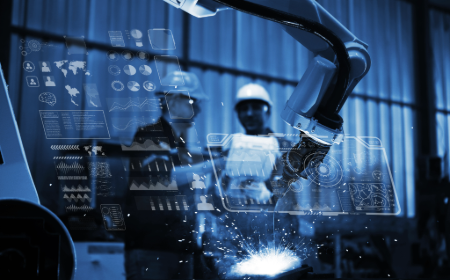Ford platform will use artificial intelligence to train dealership employees – Detroit News
Artificial intelligence will coach Ford Motor Co. dealership employees on a new streaming service-like platform for training on product, competitors, service repairs, sales and more.
After a year of hiring tech, Hollywood and coaching talent, Ford on Wednesday launched the platform dubbed Ford University for U.S. dealers. The goal, its creators said, is that a more cinematic and interactive training experience will improve memory retention of information, helping salespeople and service technicians best answer customer questions, show the full value in the Dearborn automaker’s products and be more effective at their jobs.
Ford does have training requirements that can be completed through the platform. The new video and assessment content, though, for now isn’t required. Dealers aren’t receiving additional incentives or cash for completion, or being evaluated for allocation or expansion based on performance data.
STARS, Ford’s previous digital platform, doesn’t have much ability to upload videos, capture data or be accessed on smartphones. Ford University remedies this. The website is video-heavy and will feature content on vehicles, repairs, stories behind product design and engineering, how products compare with those of competitors, electrification, Ford history and more. Assessments after the video capture how well the user understood and applied the information, which can be used to identify strengths and areas for employee growth.
“The stories are the same stories that we want our customers to hear,” Abby Vietor, global director of dealer training and production, said during a media briefing. Vietor came to Ford a year ago to develop the platform, combining her experience from being a New York University film undergraduate, in Hollywood storytelling and developing AI-enabled training platforms like at Amazon Web Services.
“This is how that knowledge transfer is best going to happen,” she continued. “The dealer is going to be receiving a story, they’re going to be understanding that reinforcement and they’re going to have the ability to better articulate that story and pass on that knowledge to the customer in a way that the customer, being a human being, is going to be able to retain it and deploy it further.”
One type of assessment uses GPT and CoPilot artificial intelligence to analyze video of a dealership employee responding to a prompt. In a demonstration, the technology recognized a user completing the tasks as instructed like introducing oneself and communicating three facts from an informational video, while providing constructive criticism such as encouraging more enthusiasm while speaking, flagging repetitive use of filler words like “um” and alerting if the user is talking for too long.
“The problem with coaching in organizations is being able to scale it,” said Kathy Munoz, manager and coach of dealer training and productivity, “and we’re going to be able to scale coaching for everyone with the AI coach perspective.”
For Peter Battle, Pat Milliken Ford’s general manager for its customer service division in Redford Township and a certified coach, the technology is helpful, because he can’t always be training the dealership’s 170 employees.
“It much more fits today’s society in the way people learn,” he said. “Because they don’t learn by opening an owner’s manual and reading what their car does. They go in and start playing with buttons.”
AI isn’t the end-all, be-all in training, as dealers said they want to respect individual salesperson styles, and Ford combines the AI coaching with in-person coaching from managers, too. But the technology does offer at least an awareness to employees.
Ford University creators also are looking at how to use the AI to simulate a conversation with a customer. Ford is testing the AI for ways it can help its own employees be more productive and support customers, too
New non-technical videos launch on the platform Wednesday, and the goal eventually is to add something new every day. The videos emphasize storytelling to create emotional stickiness in memory, Vietor said. Creators plan to introduce recurring racially diverse customer, salesperson and technician characters that appear in the videos, with users deciding what will happen to them next, such as customer Amelia having a child, changing the type of vehicle she needs.
“I want to get into competition with Netflix and Amazon,” said Bill Hasler, the creative team’s executive producer who previously worked in Hollywood, including on the “Late Show with David Letterman,” and now is overseeing 40 people developing content for Ford University. “Our dealers go home at the end of the day, and they’re watching TikTok or YouTube, or they’re going to watch a rerun of ‘Seinfeld.’ Someday, I want them to think of the Ford University app, and I want them to watch maybe a three-minute video on something that we did. It might be the history of manufacturing, unrelated to maybe their training in the dealership today, but still relevant.”
A leaderboard shows top performers that potentially could be used to offer prizes. Dealers and managers themselves also can use the metrics to incentivize employees and inform the development of their own coaching tools.
Battle noted a user’s engagement with the content doesn’t end when the video and assessment is done. While participating in a pilot version of Ford University, he received follow-up requests in the succeeding weeks with a brief set of questions to answer..
“It just happened to be the ones that I struggled with the first time,” Battle said. “That number is in my head. And I will remember that number for a long time.”
The videos aren’t accessible to the public. Ford plans to expand Ford University to retailers internationally. Similar platforms are used by companies like Amazon.com Inc., digital communications firm Cisco Technology Inc. and financial information company S&P Global Inc., Vietor said. Ford doesn’t having something like Ford University for its own employee training, but if Ford University is successful, the company could look at expanding the platform.
Jennifer Yoder, general manager at Hacienda Ford in Edinburg, Texas, said better training makes for a better work environment that reduces turnover for her business, but also makes for more passionate employees when working with car buyers.
“When you have customer satisfaction, you have customer retention,” she said. “So they may come back by service work. And through word of mouth, you’re getting new customers, so that increases the bottom line.”
bn****@*********ws.com
@BreanaCNoble

